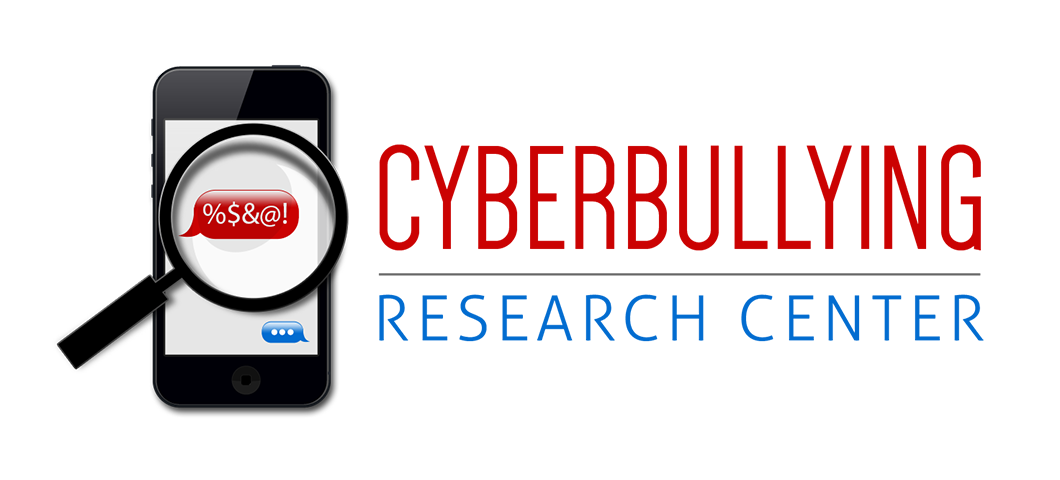
You’ve probably heard about the proposed law in New Jersey that would require social networking sites like MySpace and Facebook to police their users. This is so frustrating for me to hear, as well-intentioned but oft-misguided legislators propose solutions to overblown online fears. Social networking sites are not responsible for actively surveilling and censoring the content that users post within their web-based environments because of the federal Communications Decency Act (Section 230). This 1996 law has been interpreted to state that Internet service providers are not legally liable for user content because they do not hold the role of “Publisher” or “Speaker” of that material. Providers will, however, quickly respond if Terms of Service violations (in the form of cyberbullying, pornography, or hate speech) are brought to their attention, but they are not legally required to self-regulate offending content created by a third party.
This proposed law tickles the ears of politicians and the general public, but is largely useless since federal law will trump state law and so much Internet-based communication crosses over state and national lines – leading to jurisdictional issues. It is also problematic in the way it attempts to restrict free speech. It defines “harassing communication” as “any communication which is directed at a specific person, serves no legitimate purpose, and a reasonable person would believe is intended to threaten, intimidate or harass another person.” That is tremendously vague and would likely open the door to hundreds of frivolous claims that do not approach accurate conceptions of “cyberbullying.”
It is not an effective use of taxpayers’ money and everyone’s time to pass these types of bills, as they will fall far short of their intended impact. Our colleague Nancy Willard has been spearheading an initiative to bring researchers together to discuss these types of issues in front of more major public policy officials, so that those officials are equipped to come up with solutions that can actually make a difference. As Justin and I get more face time with state officials across the nation, we’ll keep you updated.








Your article states:
"…. Providers will, however, quickly respond if Terms of Service violations (in the form of cyberbullying, pornography, or hate speech) are brought to their attention …"
This isn't true. Google ignores any and all abuse reports about Terms of Service violations.
With the growth of technology new things have become handy a good example is Internet; the Internet advances have provided us with new ways communication. With these communication technologies there are a lot of ways for people to be able to easily communicate with others without any problem regardless the location or costs. Society becomes familiar with the concept of Social Networking with this whole Internet world. Its definition varies according to people’s different views of point; but in my own words i would define a social networking as socialization among people that share the same interest. Usually teenagers are the ones that are very involved in these social networks since we learn about technology advances as quick as it grows. A good example and most common is Myspace. Myspace is where people exchange all kind of information such interests, likes, dislikes, feelings, pictures, comments… etc. Other similar examples are facebook, Bebom xanga, or orkut. These social networks offer advantages and disadvantage. Some of the advantages like mentioned before is the opportunity to have a closed relationship with others especially those really far away. It also gives opportunities to express yourself and get to know others. However, people do not realize the importance of knowing what kind of information to put out to the world. There are a lot of people that give way too much personal information, which can cause them to get victimized or implicated in any criminal behavior. It also gives room for cyberbullying since people can post anonymous comments, spread rumors or personal information or identity theft that is a big and very serious issue. There are some ways terrible consequences can be avoided. The most important one in my opinion is for parents and teachers to explore more the social netowking environment so they can be more familiar with things teenagers can do online. This way teenagers can be educated on how to use these social networks in a very wisely and beneficial way.